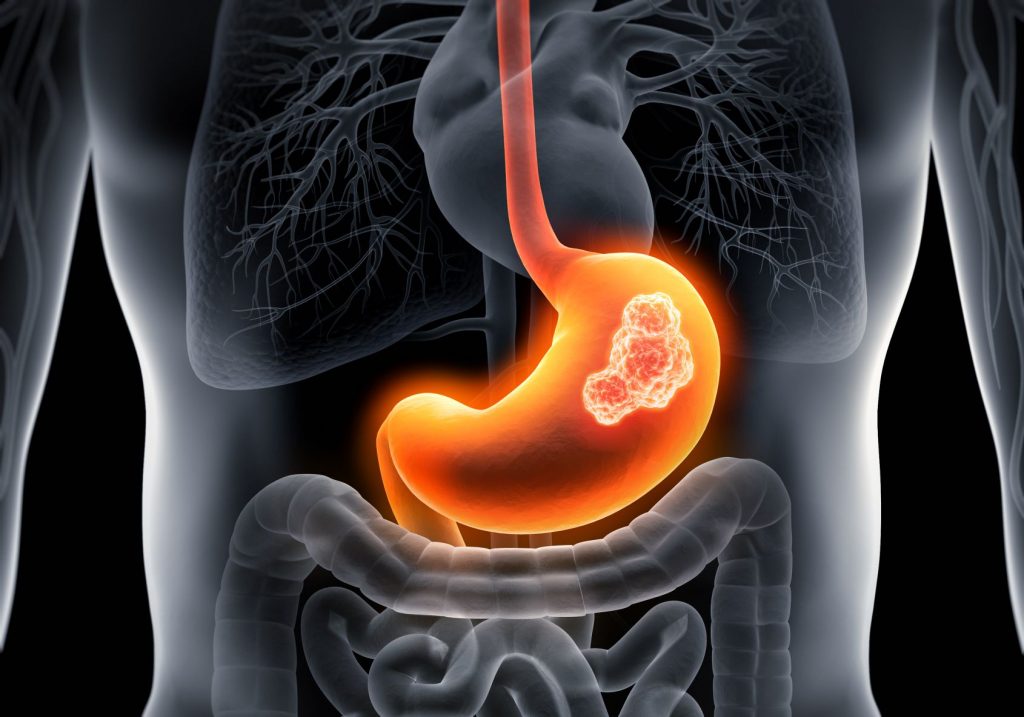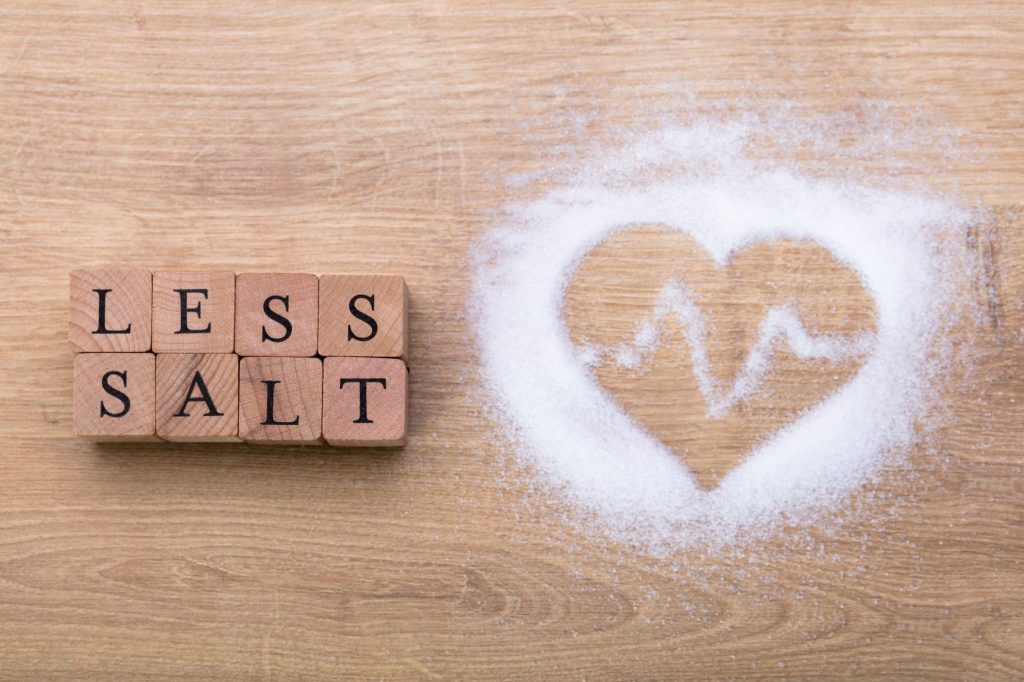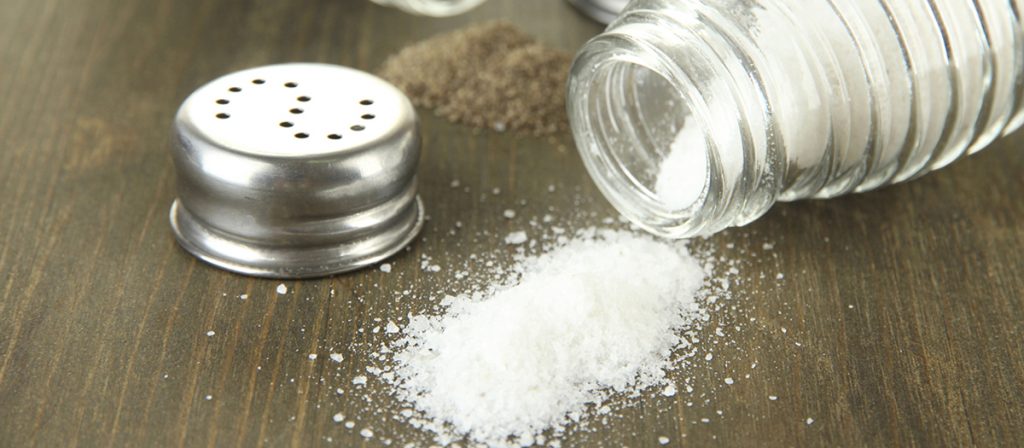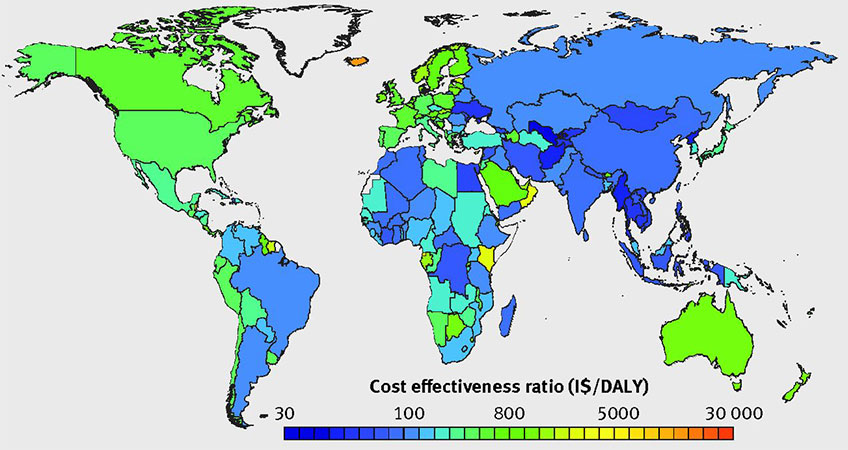Low sodium diet for gastric cancer prevention in the United States: Results of a Markov model

Published in Cancer Medicine on 1st December 2020, Kim et al modelled the impact and cost-effectiveness of the low sodium-DASH diet for prevention of gastric cancer in the U.S. population. Compared to no intervention, the study found the low sodium-DASH diet could reduce gastric cancer risk by 24.8% for males and 21.2% for females and […]
Cost-effectiveness of population salt reduction interventions in Cameroon

Published in BMJ Open on 24th November 2020, Aminde, Cobiac, and Veerman conducted a cost-effectiveness analysis of three population salt reduction interventions to prevent cardiovascular disease (CVD) in Cameroon. Using a multicohort multistate life table Markov model, the study estimated that over 10,000, 79,000 and 84,000 CVD deaths could be avertedfrom mass media, school education […]
Potassium-enriched salt substitutes nationwide in China are estimated to have significant population health benefits

Published in the British Medical Journal, Markland et al used comparative risk assessment models to estimate the effects of nationwide replacement of discretionary salt with a potassium-enriched salt substitute on morbidity and death from cardiovascular disease (CVD) in adults living in China. Additionally, a separate model was conducted to estimate harms related to salt substitute […]
Estimated social return on investment of Salt Reduction programs in Australia

The George Institute commissioned Health Technology Analysts Pty Ltd to assess the benefits of implementing policies or community interventions to reduce nationwide salt intake in Australia. Economic modelling was conducted using the Social Return on Investment (SROI) framework to assess broader socio-economic impacts of varying levels of salt reduction through three types of salt reduction […]
Salt substitution may prevent half a million deaths from CVD in China

A modelling study conducted by Markland et al from The George Institute has found that replacing regular salt with potassium-enriched salt could prevent around 460,000 CVD deaths each year in China by lowering blood pressure levels. Mean population sodium intake in China is more than double the WHO-recommended maximum intake limit, mainly from home-cooked meals. […]
Impact of salt reduction on health outcomes – modelling study in Cameroon

A modelling study by Aminde LN et al investigated the potential health impacts of reducing salt intake by the World Health Organization’s (WHO’s) recommended 30% relative reduction in Cameroon. The model predicted a decreased lifetime incidence of ischaemic heart disease, haemorrhagic strokes, ischaemic strokes and hypertensive heart disease, and decreased mortality rates from these causes. […]
Cost savings and health gains estimated from achievement of the US Food and Drug Administration voluntary sodium reformulation targets

Pearson-Stuttard J et al recently published a paper in PLoS Medicine estimating the health and economic effects of the proposed US Food and Drug Administration (FDA) voluntary sodium reformulation. The US IMPACT Food Policy Model was used to estimate cost-effectiveness and health impact of three scenarios; 100% compliance with 10-year reformulation targets, 50% compliance with […]
Cost-effectiveness of a government policy to reduce sodium intake

A recent study by Webb et al published in The BMJ modelled the effects and costs of a government policy that combines targeted industry agreements and public education to reduce sodium intake in 183 countries. Intervention costs for each country were assessed using the WHO-CHOICE (CHOosing Interventions that are Cost-Effective) database, while country-specific effects on […]